Key Themes for 2023: High Yield and Leveraged Loans
High Yield and Leveraged Loans
Garrett Olson, Portfolio Manager, HY Credit
Fundamentals
Leveraged finance fundamentals look relatively resilient as we enter 2023. Per J.P. Morgan 3Q High-Yield Credit Fundaments, the leverage of U.S. high yield issuers decreased in 3Q to 3.98x—its lowest level since 4Q of 2012. Excluding pandemic recovery sectors such as Gaming/Leisure and Transportation, leverage is at a post-GFC low. This strength also shows through in interest coverage ratios reporting at an all-time high of 5.85x and in still healthy revenue and EBITDA margin trends. While our expectation is for a deterioration in fundamentals due to a slowdown in economic activity, we see ample opportunity to generate strong risk-adjusted returns by investing in resilient businesses and management teams that prioritize optionality. Similarly, we expect default rates to remain low by historical standards at around 3% on average but to tick up from an LTM rate of 1.61% for high yield and 1.59% for leveraged loans. Tight primary market conditions are likely to impact the ability of some issuers to refinance upcoming maturities, but we do not expect the impact to be widespread as market maturity walls look relatively benign following heavy refinancing activity in 2020 and 2021.
Technicals
In 2022, high yield funds have seen the second largest outflow on record, while loan funds have seen modest outflows following extremely strong inflows in 2021. Our confidence around predicting flows is low, but we expect valuations in high yield on both an absolute and relative basis to be seen as more attractive than in recent years. However, concerns around economic sensitivity may dampen enthusiasm around potential allocations. Ratings trends will likely have a big impact on leveraged finance markets in 2023. While the LTM upgrade/downgrade ratio in high yield is still above 1.0 at 1.52 as of writing, November saw just 0.4 upgrades per downgrade. This is a trend we expect to continue in 2023 with weakening economic activity due to restrictive monetary policy. A ratings downgrade cycle will impact both high yield and leveraged loan markets, but we see the leveraged loan markets as particularly vulnerable. Fundamental metrics in the loan market enter 2023 in a weaker position than high yield peers, and the average rating on the loan index is lower than that of the high yield bond index. Furthermore, CLOs, which are the primary source of demand for leveraged loans, are particularly sensitive to ratings actions and could be forced sellers of downgraded loans. That said, we are also mindful of the impact fallen angel supply may have on the high yield market in 2023.
Valuations
After a strong rebound in October and November, valuations on the Bloomberg U.S. Corporate High Yield Bond Index (HY Index) may be less attractive than at various points in 2022. That said, we continue to note the dispersion in yield-to-worst (YTW) versus option-adjusted spread (OAS) metrics in a historical context. On an OAS basis, the HY Index stands in the 64th percentile for the trailing one-year period and in the 68th percentile compared to the past 10 years. YTW metrics look more favorable in the 71st percentile on a one-year basis and the 94th percentile on a 10-year basis. While we believe that investors should consider both yield and spread valuations, we would note that elevated coupon income provides a tailwind that can offset the impact of dollar price declines on realized return. Combined with a historically low entry point in terms of dollar price, we believe the math behind the market may provide a favorable setup for fixed income investors in 2023.
INSTITUTIONAL INVESTOR USE ONLY
To read our full 2023 Outlook, click here
Let’s keep talking!
Smith Capital Investors
Our mailing address is:
Smith Capital Investors
1430 Blake Street
Denver, CO 80202
303-597-5555
833-577-6484
info@smithcapitalinvestors.com
www.smithcapitalinvestors.com
The opinions and views expressed are as of the date published and are subject to change without notice of any kind and may no longer be true after any date indicated. Information presented herein is for discussion and illustrative purposes only and should not be used or construed as financial, legal, or tax advice, and is not a recommendation or an offer or solicitation to buy, sell or hold any security, investment strategy, or market sector. No forecasts can be guaranteed, and the author and Smith Capital Investors assume no duty to and do not undertake to update forward-looking predictions or statements. Forward-looking predictions or statements are subject to numerous assumptions, risks, and uncertainties, which change over time. Actual results could differ materially from those anticipated in forward-looking predictions or statements.
Any investment or management recommendation in this document is not meant to be impartial investment advice or advice in a fiduciary capacity and is not tailored to the investment needs of any specific individual or category of individuals. Opinions and examples are meant as an illustration of broader themes, are not an indication of trading intent, and are subject to changes at any time due to changes in the market or economic conditions. The information presented herein has been developed internally or obtained from sources believed to be reliable; however, neither the author nor Smith Capital Investors guarantees that the information supplied is accurate, complete, or timely, nor are there any warranties concerning the results obtained from its use. It is not intended to indicate or imply that any illustration/example mentioned is now or was ever held in any portfolio.
Past performance is no guarantee of future results. As with any investment, there is a risk of loss. Investing in a bond market is subject to risks, including market, interest rate, issuer, credit, inflation, default, and liquidity risk. The bond market is volatile. The value of most bonds and bond strategies are impacted by changes in interest rates. The return of principal is not guaranteed, and prices may decline if an issuer fails to make timely payments or its credit strength weakens. High yield or “junk” bonds involve a greater risk of default and price volatility and can experience sudden and sharp price swings.
Please consider the charges, risks, expenses, and investment objectives carefully before investing. Please see a prospectus, or, if available, a summary prospectus containing this and other information. Read it carefully before you invest or send money. Investing involves risk, including the possible loss of principal and fluctuation of value.
All indices are unmanaged. You cannot invest directly in an index. Index or benchmark performance presented in this document does not reflect the deduction of advisory fees, transaction charges, and other expenses, which would reduce performance.
This material may not be reproduced in whole or in part in any form, or referred to in any other publication, without express written permission from Smith Capital Investors.
Smith Capital Investors, LLC is a registered investment adviser.
SCI00345




























